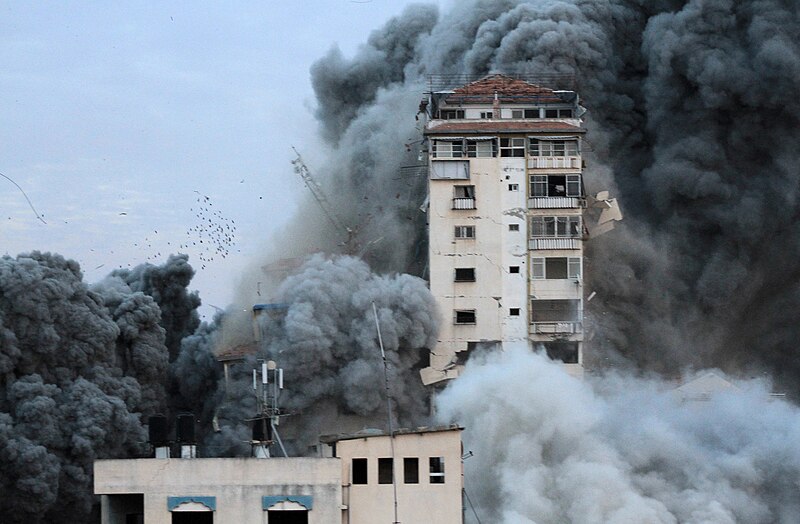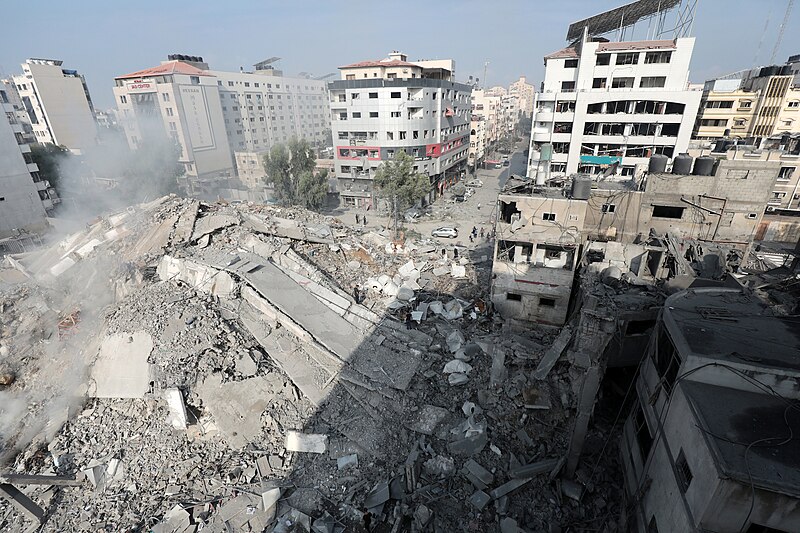Israel and Hamas Strike Agreement to Exchange Hostages and Cease Fighting
Israel and Hamas have reached a deal in which 50 civilian hostages held by militants in Gaza will be released. The agreement involves the release of Palestinian prisoners from Israeli jails and a series of pauses in fighting. The Israeli cabinet approved the deal after lengthy deliberations, concluding in the early hours of Wednesday in Jerusalem. The negotiations, facilitated by Qatar, Egypt, and the United States, marked a significant diplomatic breakthrough since the start of the conflict on October 7. Hamas confirmed the deal in a statement.

The implementation of the agreement will occur in two phases. In the initial phase, 30 children, eight mothers, and 12 other women will be released over a span of four days. The first group of hostages could be freed as early as Thursday. In return, Israel will release 150 Palestinian women and minors held in its prisons, and there will be a cessation of fighting across the entire Gaza Strip. Additionally, Israel has agreed to halt drone surveillance in northern Gaza for six hours.
The second phase of the agreement will involve the release of up to 30 hostages over a three-day period, potentially including non-Israeli hostages. Furthermore, Israel will permit additional aid, including fuel, to enter Gaza through a border crossing with Egypt.
Prime Minister Benjamin Netanyahu emphasized that despite the pauses, Israel will continue its fight against Hamas. The Israeli government stated that it will pursue the return of all hostages, complete the elimination of Hamas, and ensure that Gaza poses no renewed threat to Israel.
The exchange of hostages provides relief to mounting domestic pressure on Netanyahu to secure the release of the 236 men, women, and children held by Hamas. In turn, Hamas achieves its longstanding objective of freeing Palestinian prisoners detained by Israel, a cause that resonates with many Palestinians who consider these individuals unjustly imprisoned.

International pressure has been mounting for Israel to halt its incursion into Gaza, which has resulted in the deaths of approximately 13,000 Palestinians, mostly women and children, according to Hamas-run authorities in Gaza. The situation has also created a humanitarian crisis. Israel asserts that it has taken precautions to minimize civilian casualties, but accuses Hamas of using Gazans as human shields, an allegation that Hamas denies.
The military campaign in Gaza was launched by Israel in response to surprise Hamas attacks on October 7, which Israeli officials claim resulted in the deaths of around 1,200 people, primarily civilians, in various locations.
Once the temporary cessation of hostilities takes effect, the pressure on Israel to engage in talks and potentially extend the pause could intensify. This could also lead to increased pressure on Israel to negotiate for the release of the remaining Israeli hostages and potentially impact the government’s plans to completely dismantle Hamas, according to analysts and former Israeli officials.
Relatives of the hostages have organized street protests and a march to Jerusalem, drawing tens of thousands of demonstrators. They also met with members of the war cabinet in Tel Aviv. The issue of how many concessions Israel should make to secure the release of the hostages has divided the country.
Israeli Defense Minister Yoav Gallant acknowledged the difficulty of the decisions ahead and expressed his commitment to the primary goal of returning the hostages. Israeli officials have noted that the military pressure exerted on Hamas played a crucial role in making the hostage release possible.
For Hamas, the pause in fighting offers an opportunity to regroup amid a relentless Israeli military campaign and fulfill one of its political objectives of freeing Palestinian prisoners.
The deal is seen as a symbolic victory for Hamas, although the group has undoubtedly suffered significant degradation as a result of Israel’s assault, according to analysts. Hamas leader Yahya Sinwar, who spent years in Israeli prison, aims to secure the release of more Palestinians from Israeli custody.
Prior to the recent conflict, Israel held over 5,000 Palestinians from the West Bank and Gaza in its prisons, many of whom were convicted of security offenses. Since the outbreak of hostilities, the number of new security prisoners has increased significantly. The Israeli prison system previously held a small number of female Palestinian prisoners and fewer than 200 minors, primarily teenage boys. The agreement now activates the leverage that Hamas has held through the captivity of these individuals, turning it into potent leverage for negotiations, according to experts.

